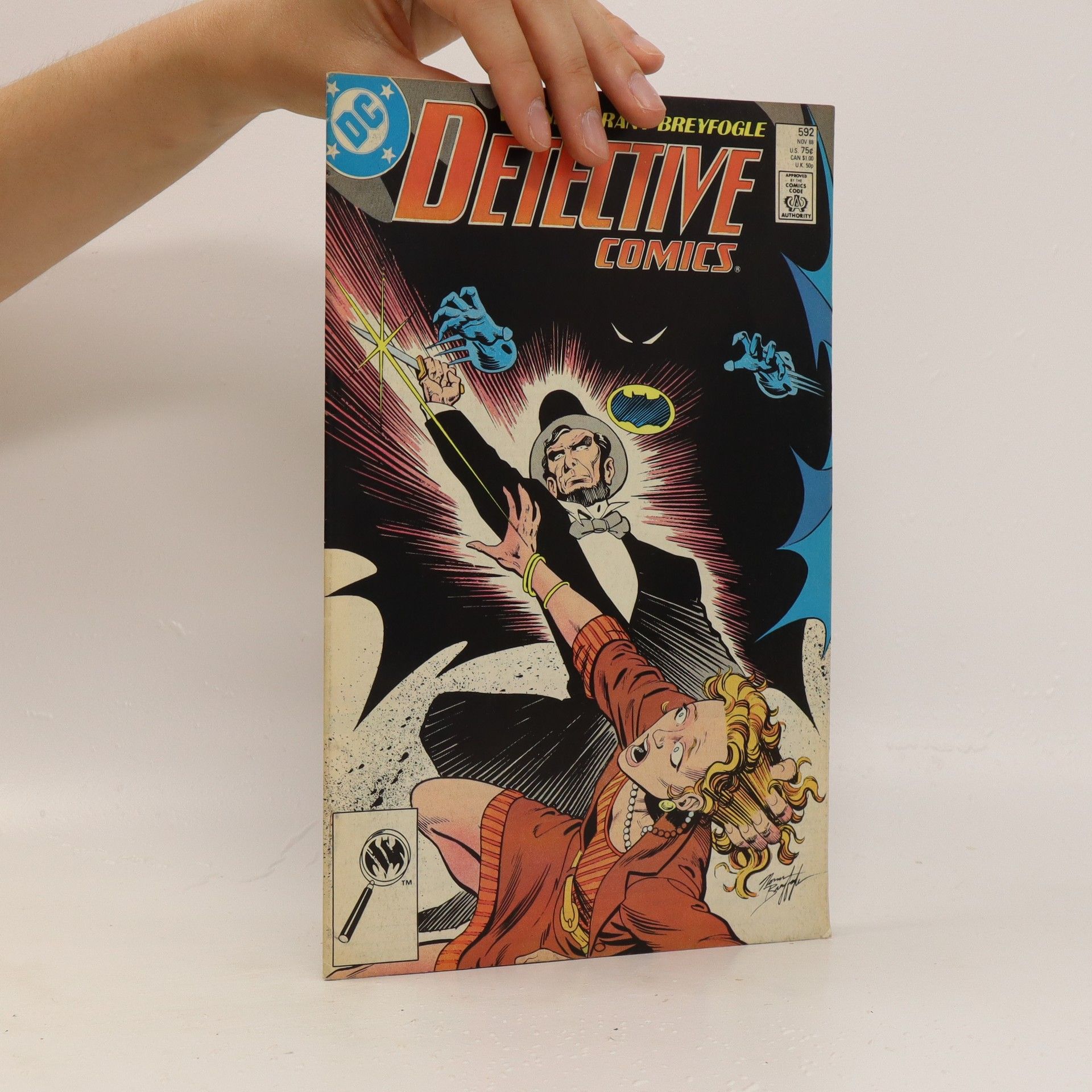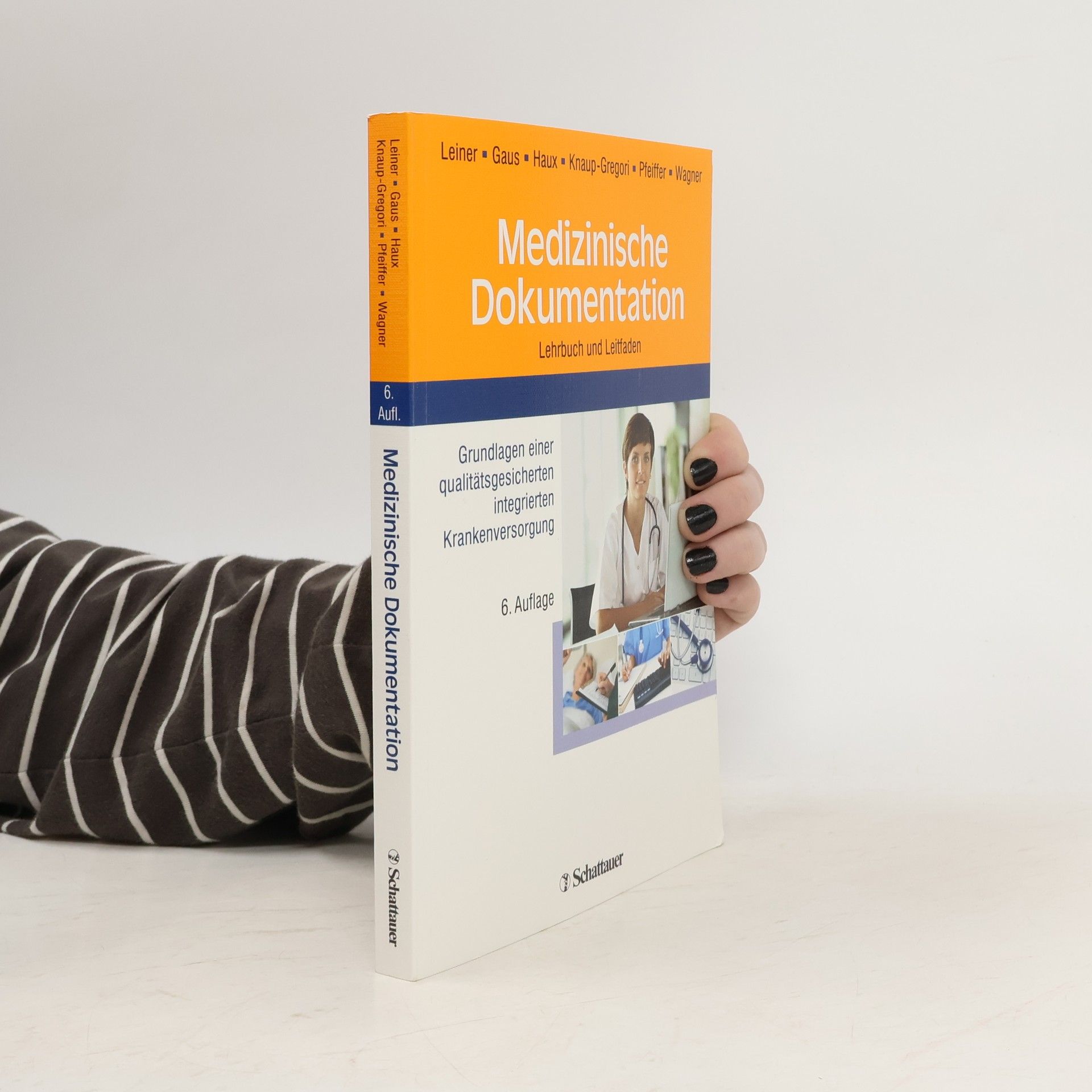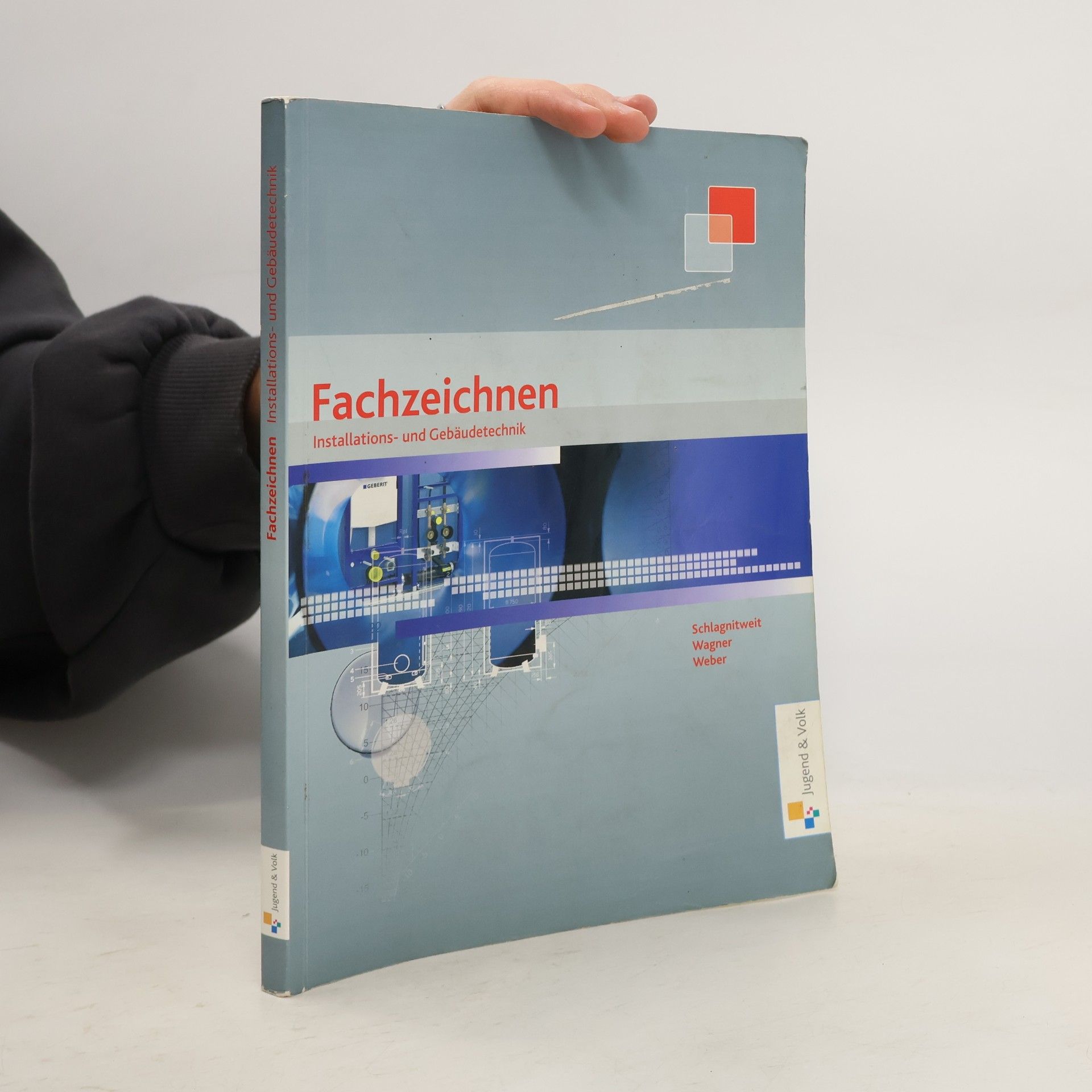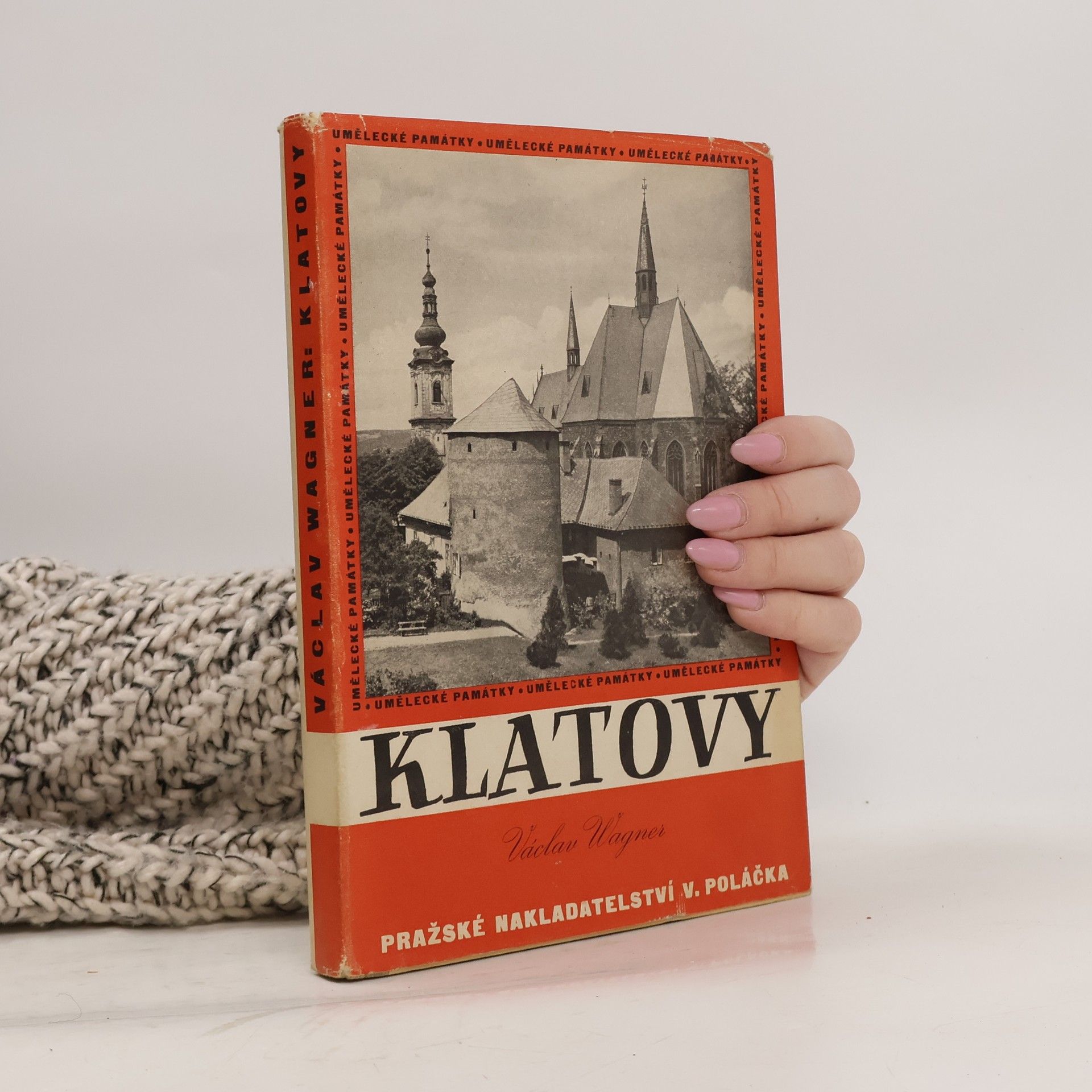Wagner Book order (chronological)






The Social Roots of American Politics: A Widening Gyre?
- 192 pages
- 7 hours of reading
Focusing on the deep-seated social cleavages in American society, this book explores how class, race, religion, and gender influence political conflicts and policy preferences among the public. By analyzing over fifty years of public surveys, the authors reveal how these social roots manifest in four key areas: social welfare, civil rights, foreign affairs, and cultural values. Their insights offer a fresh perspective on the fundamental forces that shape American political dynamics and the transmission of public preferences into government action.
Medizinische Dokumentation
Grundlagen einer qualitätsgesicherten integrierten Krankenversorgung Lehrbuch und Leitfaden - 6. Auflage
- 258 pages
- 10 hours of reading
Die Bedeutung einer sorgfältigen Dokumentation in der Medizin war noch nie so groß wie heute. Dieses umfassende Lehrbuch führt in die Grundlagen der medizinischen Dokumentation ein und ist an die praktischen und lehrenden Anforderungen angepasst. In der 6. überarbeiteten und aktualisierten Auflage bleibt das erfolgreiche Konzept der Autoren erhalten. Wissenschaftlich fundiert und praxisnah wird beschrieben, wie medizinische Informationssysteme effizient gestaltet und genutzt werden können. Die Inhalte umfassen die Beschreibung medizinischer Ordnungssysteme und Dokumentationsformen, Krankenhausinformationssysteme, die Dokumentation klinisch-wissenschaftlicher Studien sowie Systeme für die patientenzentrierte, einrichtungsübergreifende Behandlung. Zudem werden die Dokumentationsanforderungen in Österreich und der Schweiz behandelt, einschließlich der Dokumentation für das Medizinische Controlling, der Erschließung von Dokumenten und der elektronischen Signatur. Dieser Leitfaden richtet sich an Studierende, Ärzte, Pflegekräfte, Dokumentare und Verwaltungsangestellte im Krankenhaus, die sich mit qualitätsgesicherter integrierter Krankenversorgung und deren Dokumentation befassen. Eine vertiefte Auseinandersetzung mit den hier erläuterten Begriffen wird empfohlen, um wissenschaftlich fundiert arbeiten zu können.
Ein junger Mann erhält ein Testament, das ihm ein Milliardenvermögen verspricht, jedoch muss er den unehrenhaften Tod seines Vorfahren aus dem Jahr 1789 aufklären. Der Vorfahre wurde wegen einer Liebesaffäre hingerichtet. Auch sein Großvater versuchte, den Fall zu lösen, und gilt seitdem als verschollen.
The Batman usually works alone, but the threat of a mass murder in the Gotham City financial district forces him to team up with a bizarre private eye.
Protokolle '74
Wiener Halbjahresschrift für Literatur, bildende Kunst und Musik
Protokolle '71
Wiener Halbjahresschrift für Literatur, bildende Kunst und Musik





